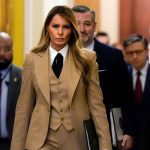
Trump Criticizes NATO Ahead of Wednesday Summit
Trump has long called on NATO members to spend at least 2% of their GDP on defense.
In 2017, only 12 of the organization’s 29 members met the 2% target. The United States, which accounts for 51% of NATO’s combined GDP, contributed nearly 72% of the organization’s combined defense spending.
“The United States is spending far more on NATO than any other country. This is not fair, nor is it acceptable. While these countries have been increasing their contributions since I took office, they must do much more,” tweeted Trump on Monday, specifically comparing Germany’s 1% spending to America’s 4%.
“On top of this, the European Union has a trade surplus of $151 million with the US, with big trade barriers on US goods. NO!”
Trump’s renewed criticism of NATO members comes just two days before the organization is scheduled to meet in Brussels, and his complaints on spending and trade will set him up for confrontations with German leader Angela Merkel and Canadian Prime Minister Justin Trudeau.
Merkel has promised to increase Germany’s defense spending to 1.5% by 2024, but the proposal is unpopular among voters. And Trump’s relationship with Trudeau is already strained following comments Trudeau made after a G7 meeting in June.
Combined, NATO’s European members spend roughly $200 billion a year on defense. “That’s a lot, but it’s cost inefficient, militarily ineffective, and lacks political weight an impact” says Norbert Röttgen, chairman of the German Parliament’s Foreign Relations Committee. The best way to respond to Trump is “to accept he has a point, and respond by displaying more European strength and enhancing European defense in cooperation with NATO.”
In June, Trump sent warning letters to several NATO members threatening to ‘cut them off’ if they did not increase spending. Europeans worry this rhetoric has already undermined the alliance’s main defense against Russia: the promise that all nations will come to the aid of any nation that is attacked.
NATO members are also worried that Trump will bargain away the organization’s security to achieve better relations with Moscow when he meets face-to-face with Russian leader Vladimir Putin on Monday. In particular, they worry he might cancel planned NATO exercises, pull US troops out of Europe, and recognize Russia’s controversial annexation of Crimea.

Other factors that will increase tensions during the summit include Trump’s recent tariffs on allies and his threat to sanction any country that continues to purchase Iranian oil after November 4th. in


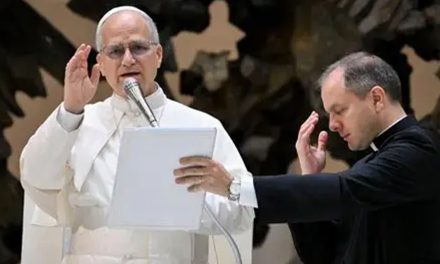

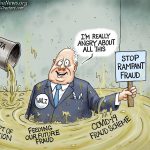

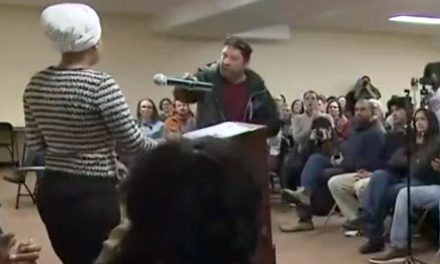
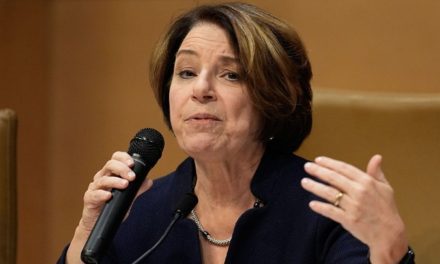

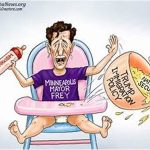

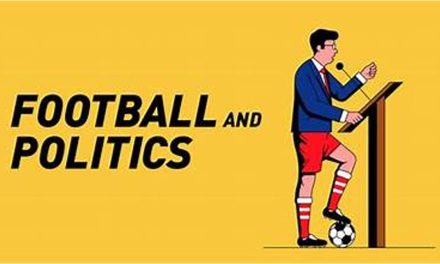
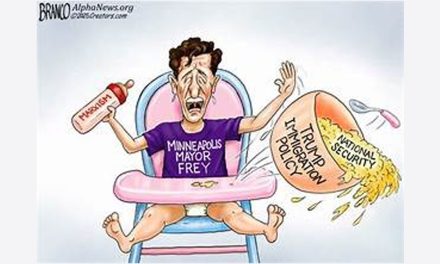









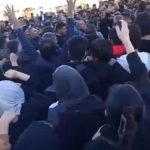
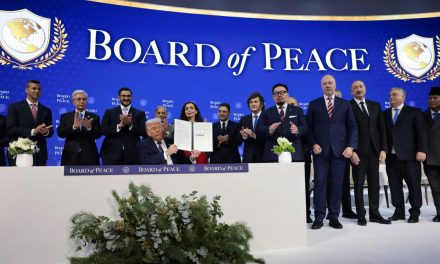
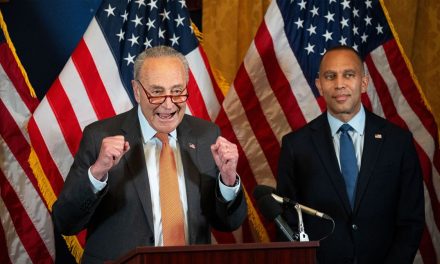



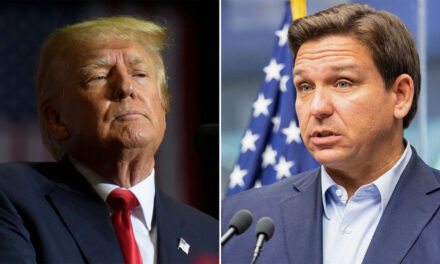

Watch out Dunger. It’s going to start. Now you’re trying to get the publisher joe to sensor free speech. Texas…
Bendoverandtake it; my name is danger, have some respect for a fellow citizen. On this one, I think you are…
Dunger it’s great that the ICE heroes are well armed and ready. They only shoot the assholes who attacks them.…
Dunger get your finger out of your ass and go help the ICE agents. They are the true patriots I’m…
Is that TDS where the D stands for Dick-sucking? Cuz if you believe Omar hired a mentally unbalanced Trump magarat…